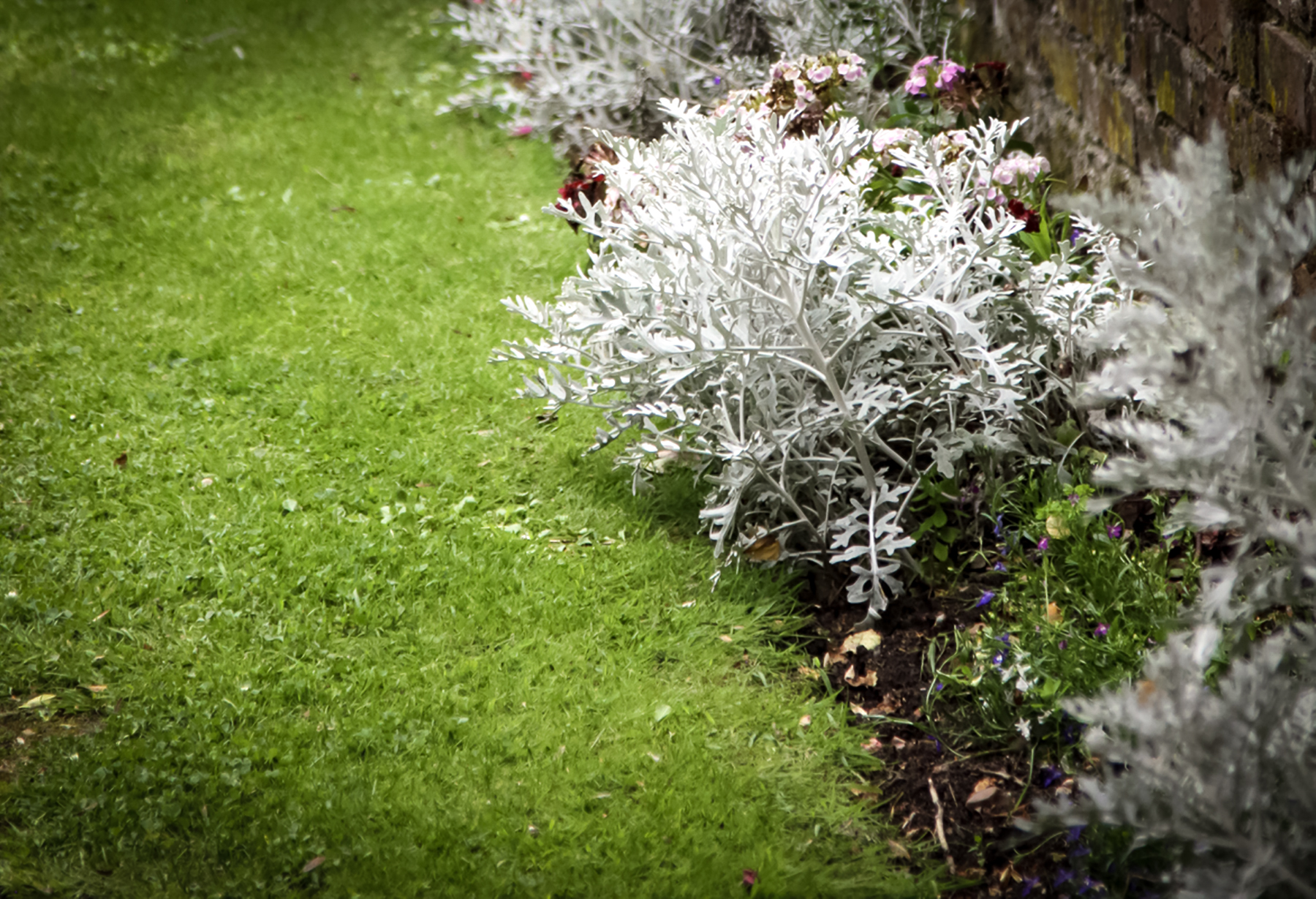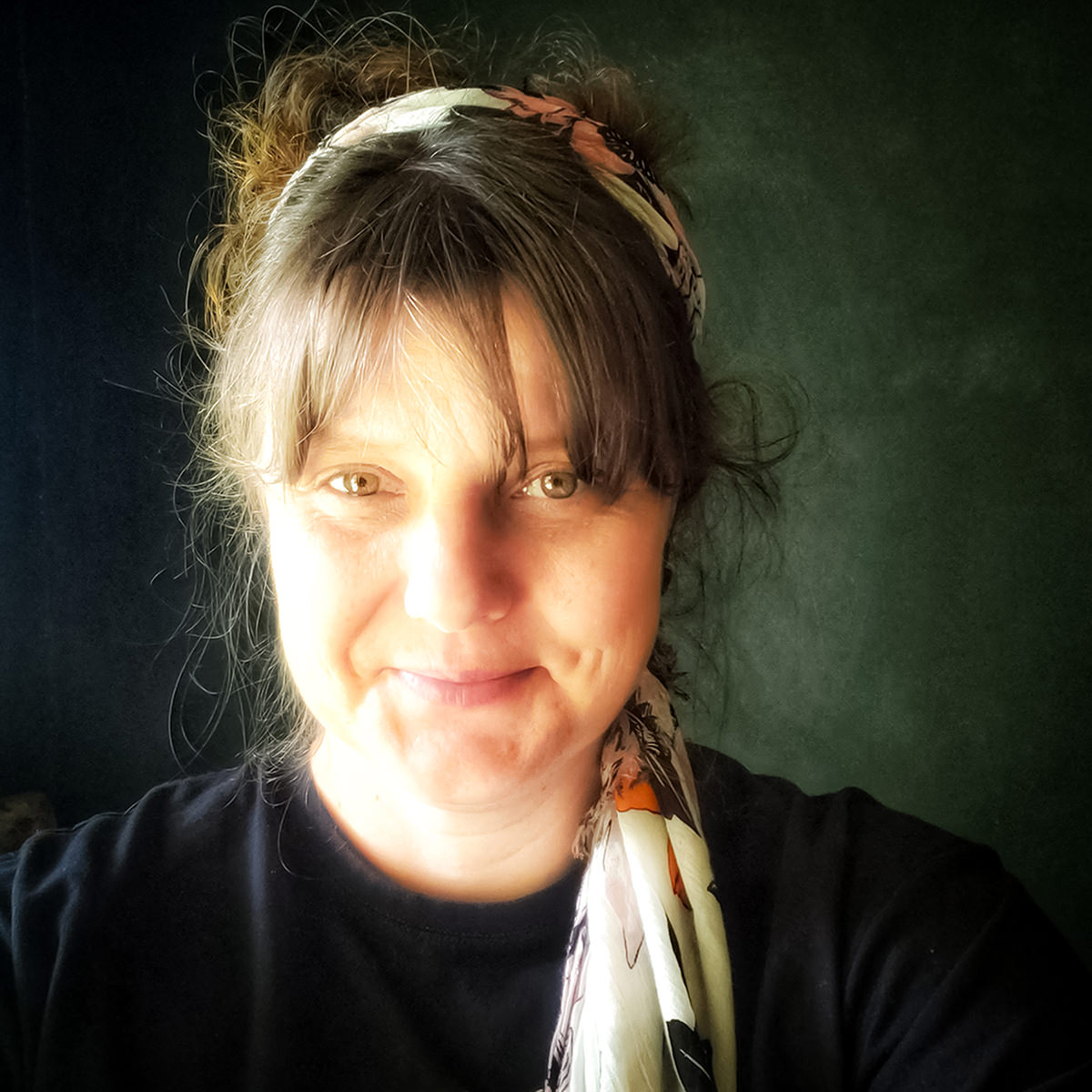Today I felt a generation turn over. That doesn’t seem like the sort of thing you should be able to see with your eyes or touch or handle, but there it was in front of me, plain as day. It was simple and sacred. It made me feel small and holy and fragile all at once.
When I was a wee small lass, my parents moved trees and stone, plants and progeny and pets to buy acreage. It was no small thing: they didn’t find a house they were okay with, or even have one built more or less to their taste. They shopped for land with pleasant places, for woods and creek and sunlight. My parents’ house is hand framed with chisels and mallets of beams and pegs from trees my daddy cut down with his chainsaw and squared into workable lumber. I tell people that I had the Last Great American Childhood. It’s no wonder Laura Ingalls was (and in many ways still is) one of my heroines.
With a house taking shape, they turned their eyes toward the ground.
Gardening runs deep in my blood.
One of my earliest memories is of my Granny’s garden: golden raspberries, azaleas, asparagus, snow peas, and rides to “Disney” on her little Cub Cadet tractor. I also remember the garden in the woods, before my family moved to the goat farm. That garden was sheltered on the side of a hill by what seemed enormous oak trees, the canopy soaring far, far above my four-year-old head. It had black, soft soil amended with composted leaves and seemed to grow anything in the world. When my parents started trying to break ground for a new garden, it was on a wind-swept hill that had been trodden by many a cow for many a year. They literally tore open that ground with a pick ax. I’m absolutely certain they wondered if anything would ever grow there. It has.
I don’t know how old I was when I first read The Secret Garden by Francis Hodgson Burnett, but I do remember the sweet companionship I felt when Mary Lennox asks her broken, sorrow-full uncle if she might “have a bit of earth”. I think that sentiment has filled every heart since Cain was cursed to wander. There are days I’m still looking for the perfect “bit of earth” to leave my gardening mark growing. After a few years of digging and weeding and springtime and harvest, my parents offered my brothers and I a garden bed of our own. We could plant whatever we wanted (although I think vegetables were required). I must have been about nine or ten, and I remember planting carrots and summer squash. It certainly wasn’t my first brush with gardening, but it was the first time that the choices and results were dependent on me. I think that’s the moment I became a gardener.
This weekend, I’ve torn open the ground again, this time planting a myriad of purple blooms: deep berry colored lilacs, sages, fairy-kissed columbines, magical foxgloves, Japanese painted ferns, stately bearded iris, and frothy forget-me-nots. My hands are blistered, but the view! The view from every angle is a promise of better gardens to come! A reminder that there is indescribable beauty here, and it is a herald of the Garden City of the Great King. The spot I chose this spring has been baptized by tears and prayer when I thought my marriage was over, it tried to wound me as I chain-sawed branches to make way for more sunlight, and it was one of the first places I loved on our homestead. It boasts a magnificent chestnut tree with gracious, old branches that my children can regularly be found climbing. The same tree drops burrs of death in the fall, and I glare at it when they pierce my fingers as I rake its leaves. The tree doesn’t mind my glares.
Today, as my daughter and I dug and raked and planted and pulled, she picked up a wild violet that I was discarding and asked if she could have it. I answered yes, but then she asked the magical question: can this be my garden? One violet turned to two and moss was collected and added. Jacob’s Ladder was planted nearby, and soon she was instructing me not to step on her “babies”.
That was the moment that I felt a whole generation’s page turn. It would have been easy to mistake the sound of that fragile paper for last fall’s dry leaf remnants, but I know better. It was one of those pages in God’s book that He numbered before one of them came to be.
I feel lately that I’m in this really strange and wonderful in-between spot of life: my children are old enough for me to remember what life was like at their age, and I’m old enough to know how quickly I went from there to here. A couple of Thanksgivings ago, my brothers and sisters-in-law and nephews and nieces and all the rest were gathered at the goat farm. After dinner, we all shared blessings and grateful hearts for another year. I had thought for a while about what I wanted to say. It went something like this:
As parents, we try to disciple our children in the ways of living good lives, and of course, we have no idea how they will receive it or remember their childhood. I think one of the highest compliments children can ever give to their parents is to try to raise their own little flock in a similar manner and lifestyle to the way we were raised. It says something like, ‘this served me well, and I think it’s good for you, too’. We don’t have any goats or chickens or pigs, but I think in our own way, Barritt and I have built a life that shares a lot with how I was brought up. I know that I may be alone in this sentiment, but I look back on my childhood with complete joy, and if there is one compliment I could give to my mom and dad it’s this: I would do it all over again.
It is an awesome thing to be followed. It makes us check to see where we’re leading and what signs we’ve left behind us. I’m reminded that long ago in a far away land, Jesus followed His Father. It is good work to follow the people God has carefully placed in our lives, and then to point others to their own “bit of earth”. Of course, it’s risky work, too. It doesn’t come with the kind of guaranteed return on our investment that we would probably like. Some of the seeds we offer to our children and neighbors won’t take root, and you know, that’s okay, too.
Jesus designed diversity into his plan for discipleship. Not all of His apostles were fishermen, and as far as we know, none of them took up carpentry. But they were all cultivators, bearing some really amazing fruit: joy, peace, kindness, faith.
She goes out to check her little purple garden several times a day. Her vision is expanding and changing; she’s paying attention to moss and is astonished that there are so many different varieties just around our home. Her knowledge is emerging as fast as her garden, maybe faster as she asks about sunlight and other plant options and growing habits. It’s amazing how one tiny question changes everything: last week she was rolling her eyes at me as I bemoaned wanting more plants. This week, she’s asking when we’re going back to the nursery. The only thing more amazing than seeing my daughter’s excitement is knowing that someday, she’ll hear that papery crackle of God turning the page on a generation when her daughter asks, “Can I have a bit of earth?”
The featured image is of the beautiful border at The Kilns, C.S. Lewis’s home, in Oxford. The image is (c) Lancia E. Smith and used with her glad permission for Cultivating and The Cultivating Project.
Second-generation homeschooling mom of five wee snickbuzzards, Jordan Durbin is a maker of humble pottery, fine artist, calligrapher, gardener, pickle maker, baker of all things gluten-inclusive and butter-laden, violinist, vocalist, rabbit raiser, wife of one good man, lover of her blessed Redeemer. She has a Bachelor’s degree in fine art from Grace College in Winona Lake, Indiana. She is an avid coffee drinker, reader, and published children’s book author and illustrator. She aspires to proclaim the resurrection with every moment of her life.
Leave a Reply
A Field Guide to Cultivating ~ Essentials to Cultivating a Whole Life, Rooted in Christ, and Flourishing in Fellowship
Enjoy our gift to you as our Welcome to Cultivating! Discover the purpose of The Cultivating Project, and how you might find a "What, you too?" experience here with this fellowship of makers!


Add a comment
0 Comments